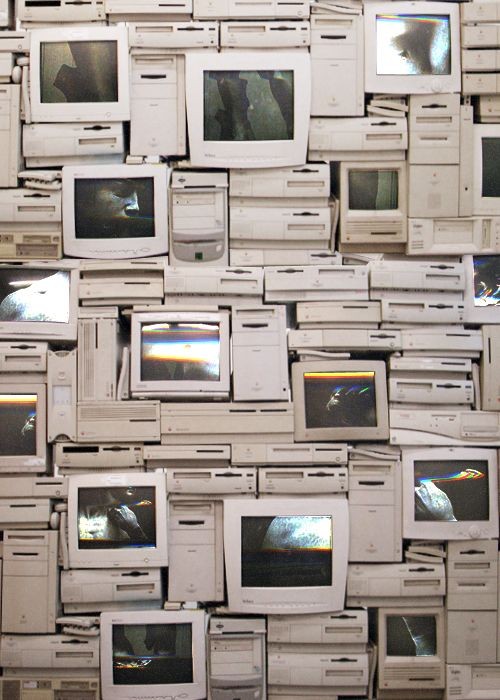“Don’t believe everything you read on the internet just because there is a picture with a quote next to it.” This is probably more important to talk about now than ever before. Each day we see and read many things on the internet and blindly forward it without stopping to check the accuracy of what’s being shared. This, among other reasons, gives rise to the need for ‘media literate citizens’.
Media literacy refers to the ability to identify and critically analyze different types of media messages that we come across in our daily life. It offers an opportunity for individuals to broaden their experience of media. It also helps a person to differentiate between biased and unbiased content.
Media includes print media (newspapers, magazines, books, etc) as well as electronic media (phones, laptops). Electronic media, however, in today’s world is proving to be a very important source of information. While scrolling through our phones, we are bombarded with information; we come across images, write-ups, videos that seek to sway our opinions. In a world where the internet encompasses our lives, we as individuals must learn how to be media literate in order to sieve the negatives and extract the positives. We as young adults especially need to be media literate and read real and bias-free content to become wiser consumers as well as responsible producers of media.
This is why we need to talk about media literacy:
- All media messages are ‘constructed’ and produced for particular purposes such as profit, persuasion, education, artistic expression, etc.
- Media messages have embedded values and points of view.
- Different people interpret the same media message differently.
The pandemic has moved most of our studying and work online. We now spend more time behind our screens than we perhaps ever have. This makes talking about media literacy even more pertinent as our mental health hangs in the balance. It can be challenging to establish and maintain the same boundaries we had in the offline world.
Here are some tips you can start using right away to be a more responsible netizen along with taking care of your mental wellbeing:
- Form your own opinions after gathering information from reliable sources.
- Be mindful of privacy and tolerant of other perspectives.
- Think before you share.
- Modulate screen time and maintain a balance.
- Give importance to offline relationships.
In a media-saturated world, we need to have a reality check on the content that we come across before relying upon or arguing about it. As informed viewers, the onus is on us to be able to read and decipher the messages being conveyed. Media literacy will continue to play a key role in creating a generation that can retain critical thinking skills amidst a media blizzard. Remember that social media is a powerful tool. Use it wisely!
Tuba Naquib
Class XII
